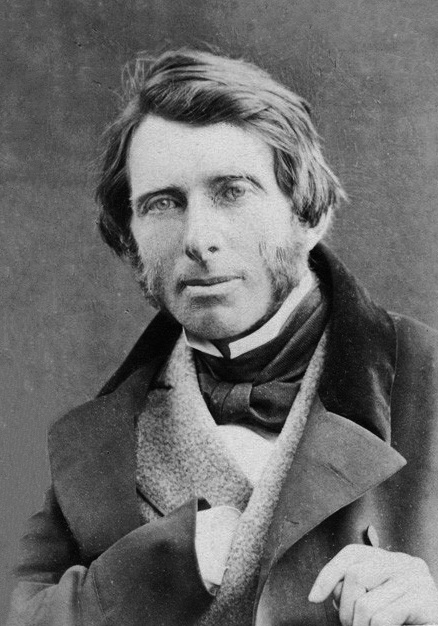Wealth
Some early definitions of economics were succinctly related to wealth, which was broadly construed. Adam Smith defined the subject as simply the "Science of wealth. Smith offered another definition, "the Science relating to the laws of production, distribution and exchange."
Wealth was defined as the specialization of labour which allowed a nation to produce more with its supply of labour and resources. This definition divided Smith and Hume from previous definitions which defined wealth as gold. Hume argued that gold without increased
activity only serves to raise prices.
John Stuart Mill defined economics as "the practical science of production and distribution of wealth"; this definition was adopted by the Concise Oxford English Dictionary even though it does not include the vital role of consumption. For Mill, wealth is defined as the stock of useful things.

John Ruskin
Definitions of the subject in terms of wealth emphasize production and consumption. This emphasis was charged by critics as too narrow a focus in placing wealth to the forefront and man in the background. For example, John Ruskin referred disparagingly to political economy as "the science of getting rich" and a "bastard science.